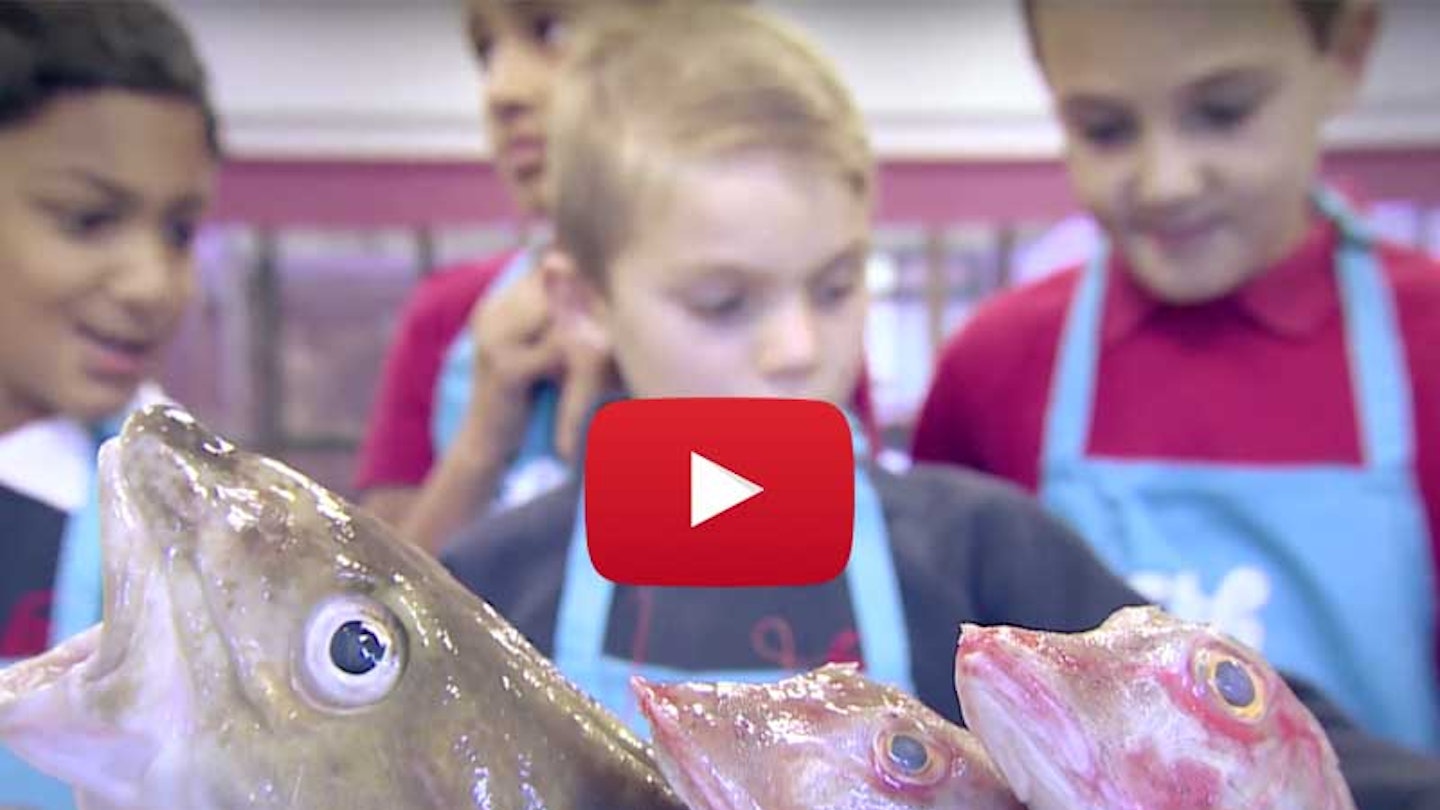New research shows that almost one in six British children have never been to the seaside and the majority have never been fishing, or crabbing, so we need to rectify this and get fish on the menu for children.
But a new education campaign to get fish on the menu for children has been launched to teach children about the variety of seafood available and how it gets from the ocean to our tables.
When it comes to eating seafood, cod is the most commonly eaten fish by children, however 72% eat tuna, salmon (59%) and haddock (53%), while one in five have tried crab, 18% pollock, 13% seabass & 15% squid. It's time to get fish on the menu for children
The get fish on the menu for children survey has been released by Seafish (the UK’s seafood industry body) as it launches the community led education programme aimed at helping kids who may not have experienced it first-hand to get up close and personal with seafood, with the longer term view of encouraging young chefs to be confident cooking with fish in the future.
Watch the get fish on the menu for children video above to find out more.
